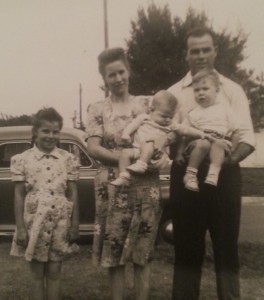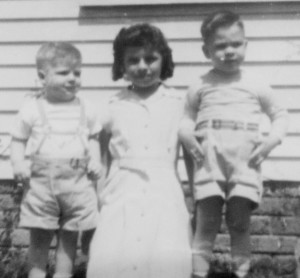I agonized the fresh image in my mind. More than haunting, the scene from this morning of the stricken child assaulted my senses. A torment ensued.
I stood behind the rough-hewn pulpit looking out at twenty worshippers. A shudder gathered in my middle back then up and across my shoulders. How could this have happened? How could I have driven away, on to my precious commitment?
Commitment. The word rang hollow. I had left the child, his small body sprawled lifeless on the roadway. It didn’t matter that another vehicle hit him. I had driven on. I had left him there.
Although I had lived in Africa for more than seventeen years, the events of that morning were unique. I had witnessed more roadway carnage my first six months on the continent than in all previous years elsewhere. Still. I could not distance myself from this morning’s image. Even as I read Scripture to the gathered faithful, the scene looped repeatedly. Over and over.
At the accident spot the hit-and-run motorist had evidently slowed, then sped out of sight. Moments afterward I had approached. On seeing the lifeless child I slowed my truck and steered it partly off the pavement.
A frantic, hysterical young woman in her lovely Sunday dress faced the highway, only feet from the fallen boy. It was in that second, another kind of nightmare, one of a repulsive kind, took form in my religiously-conditioned mind. Indeed, the religious component itself made it all the more repulsive. I glanced to my watch and moved on.
Standing at the pulpit now, I seemed to age. Never mind that another vehicle stopped to lend aid – a fact I had witnessed through my rear-view mirror. And what does this speak, Jerry? I asked myself derisively – self-cynicism hatching inside a house of worship. Compassionate action through a rear-view mirror? Right.
The facts were obvious. Severely so. I had chosen reason over compassion, rationale above mercy.
Already another car had stopped, the gray Landrover, I had reasoned.
I, on the other hand – I, the missionary en route to a preaching appointment – had driven on. Me, with my Sunday church duty to perform. A muffled groan settled in my chest and elected to remain.
My sermon ended. Hours lumbered past and Sunday mercifully fell behind me. But on Monday and then into weeks ahead I questioned, Would my soul one day recover from the shame that’s settled over me, of religion-bred dereliction, the self-loathing of letting meetings trump mercy? Considering the scene for the hundredth time I doubted.
Guilt. Remorse. Blame. Judgment. Even the terms themselves seem to stagger under their own condemning weight. Especially so when a person owns them to himself.
The prophet assures of comfort, “His compassions fail not” – Lamentations 3:22
But is even God’s mercy itself equal to something like this?
For years I questioned.
©2017 Jerry Lout




